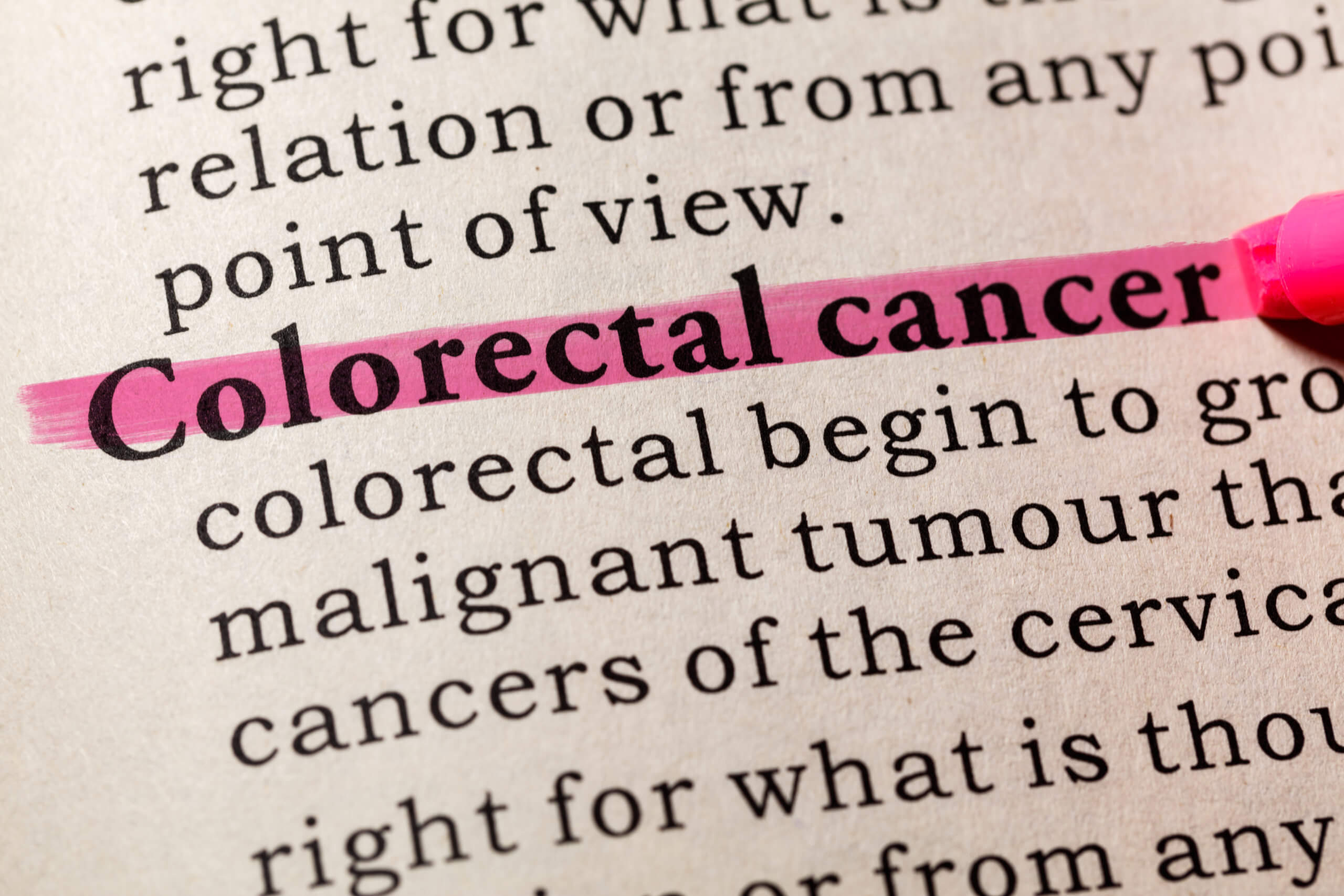It is expected that in 2022 colorectal cancer will claim 52,000 American lives. More of those deaths will be in Black individuals than in Whites. In fact, since 1985, colorectal cancer rates have dropped 20 to 25 percent in Whites. Conversely, the incidence has increased in Black men, and stayed the same among Black women. Overall, African Americans are 38% to 43% more likely to die from colorectal cancer than are Whites. So why the disparity?
Researchers at the University of Illinois are studying bile acids, gut microbes, racial identity, and neighborhood food environments as they apply to the development of colorectal cancer.
Bile acids help metabolize fats, cholesterol, and certain vitamins. Microbes metabolize these acids, reconfiguring them into secondary bile acids. Some of these cause inflammation or damage DNA, which can contribute to the development of cancer. African Americans tend to be diagnosed at a later stage of colorectal cancer, have more-differentiated tumors, and worse prognoses when compared with Whites.
Patricia Wolf, postdoctoral researcher in the Department of Animal Sciences and the Cancer Education and Career Development Program at Illinois is leading the investigation. “On average, Black individuals live more than a mile further from full-service supermarkets than non-Hispanic, white individuals,” she explains in a statement. “People living in food deserts have no choice but to shop at either convenience outlets or bodegas. This impacts dietary intake – fewer whole foods, less fiber and calcium – and likely changes the gut environment.”
Wolf notes that she and her colleagues aren’t the first to link food deserts, poor diet, and racial disparities. Her group, however, also considers how these disparities affect bile acids, gut microbes, and cancer incidence.
For example, the review explains that foods rich in taurine and cysteine – amino acids which are prevalent in meat — contribute potentially damaging secondary bile acids and hydrogen sulfide. These compounds can disrupt cellular membranes, cause inflammation, and damage DNA, as can heavy alcohol consumption.
Wolf notes that neighborhoods with little access to healthy foods are often saturated with fast food restaurants and liquor stores. Fiber and calcium decrease the bioavailability of secondary bile acids, but these nutrients are often absent or less available in fast- or processed-foods and in the foods available in small convenience stores.
“There is overwhelming evidence that those most susceptible to colorectal cancer have inequitable access to high-quality foods. If associations are observed between bile acid composition and the neighborhood food environment, this could lead to the expansion of national programs that reduce barriers to bile acid-mitigating nutrients or policies aimed to reduce fast food and convenience store saturation in low socioeconomic status neighborhoods,” Wolf says.
The study is published in mSystems.
